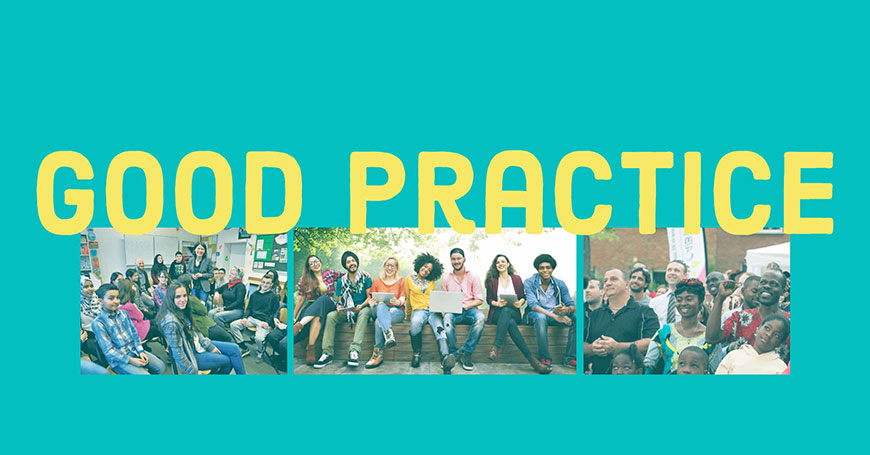Intercultural cities: good practice examples

The first step is the adoption (and implementation) of strategies that facilitate positive intercultural encounters and exchanges, and promote equal and active participation of residents and communities in the development of the city, thus responding to the needs of a diverse population. The Intercultural integration policy model is based on extensive research evidence, on a range of international legal instruments, and on the collective input of the cities member of the Intercultural Cities programme that share their good practice examples on how to better manage diversity, address possible conflicts, and benefit from the diversity advantage.
This section offers examples of intercultural approaches that facilitate the development and implementation of intercultural strategies.
DiverCidade Braga - An Intercultural Journey
Purpose: The City of Braga, Portugal, has created a specific website to present the city’s intercultural strategy and activities. The DiverCidade Braga Project - An Intercultural Journey aims to...
Bergen Inclusion Center
Purpose: To create a new Inclusion Centre, bringing all essential activities under one roof at an attractive location. Stimulus/Rationale: To co-locate inclusion services, which have previously...
Refugee reception and integration policies- pilot project
Purpose: The purpose of the pilot project for Refugee reception was to offer answers to questions about how intercultural integration and reception should be handled in the city in order to promote...


